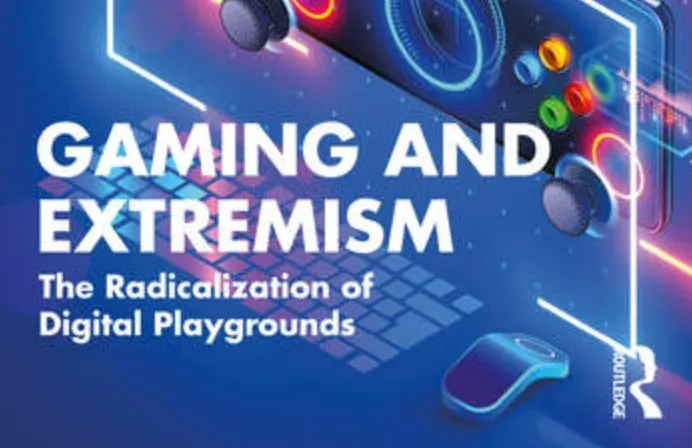Due to its worldwide popularity, researchers have grown concerned as to whether or not engagement within online video gaming environments poses a threat to public health. Previous research has uncovered inverse relationships between frequency of play and a range of psychosocial outcomes, however, a reliance on cross-sectional research designs and opportunity sampling of only the most involved players has limited the broader understanding of these relationships.
Enlisting a large representative sample and a longitudinal design, the current study examined these relationships and the mechanisms that underlie them to determine if poorer psychosocial outcomes are a cause (i.e., pre-existing psychosocial difficulties motivate play) or a consequence (i.e., poorer outcomes are driven by use) of online video game engagement. The results dispute previous claims that online game play has negative effects on the psychosocial well-being of its users and instead indicate that individuals play online games to compensate for pre-existing social difficulties.
Highlights
- •The psychosocial causes and consequences of online video game play were evaluated.
- •Over a 1- and 2-year period, evidence for social compensation processes were found.
- •Among young adults, online games appear to be socially compensating spaces.
- •No significant displacement or compensation patterns were found for adolescents.
- •No significant displacement or compensation patterns were found for older adults.
Source
https://www.sciencedirect.com/science/article/abs/pii/S074756321400692X


